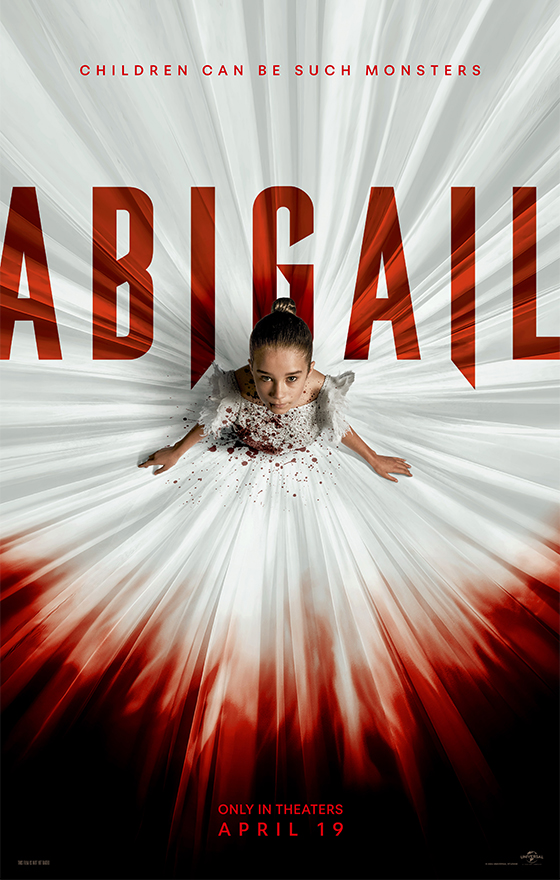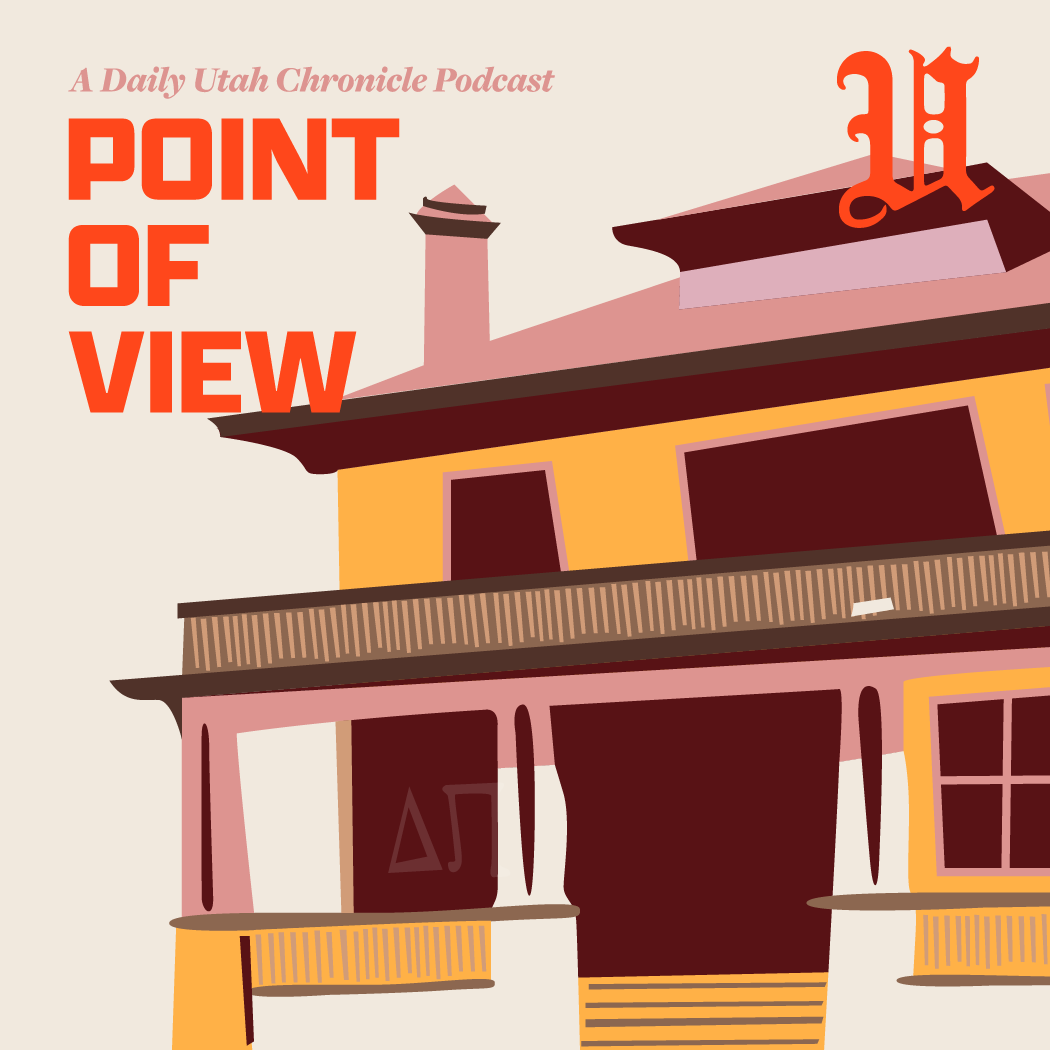A legislative task force is considering restrictions on public access to local government records.
Experts in media law condemned the effort as a move toward secrecy in a panel discussion on Oct. 29 in the U’s Language and Communication Building.
The legislation in question would reform the Government Records Access and Management Act and, in doing so, would restrict the materials journalists and citizens have access to.
“I think the GRAMA proposals pose a grave threat to anybody who is concerned about open government,” said Jeff Hunt, a First Amendment lawyer and former newspaper reporter.
Journalists and activists are fighting the changes and instead advocate a shield law protecting journalists from having to reveal sources to law enforcement.
The proposed legislation would make Utah one of the least friendly states in terms of “sunshine laws,” laws that allow access to information on the workings of government, he said.
One proposal would restrict access only to material “in connection with the conduct of the public’s business.”
Hunt strongly criticized the proposal because citizens assume the government is conducting the public’s business.
“That’s what the government is there for,” he said. “The burden shouldn’t be on the requestor to try to prove that the record relates to the conduct of the government’s business.”
Other proposals would restrict access to communication between public officials and their staffs and constituents.
Another proposal would restrict access if the motive of the citizen were “to harass or otherwise unreasonably increase the workload of the government.”
However, any request for public records increases the workload of government.
“That seems to me to afford a lot of discretion to the government to deny a request,” Hunt said.
Vern Anderson, opinion editor for The Salt Lake Tribune, read a lengthy list of articles he said his newspaper could not have successfully researched and written if the proposed GRAMA changes had been in place.
The proposals will “effectively stunt the ability of news organizations to keep an eye on the public’s business, and the people we elected to conduct it openly and honestly,” Anderson said.
The legislative task force’s co-chairman Sen. David Thomas, R-South Weber, defended some of the proposed changes in a posting on www.senatesite.com, a Web log that bills itself as the “Unofficial Voice of the Utah Senate Majority.”
Thomas wrote that the legislation being considered by his committee would actually increase public access to some types of records, such as the e-mails of government officials.
Thomas defended the restriction of public access in correspondence between legislators and constituents as necessary to protect the privacy of individual citizens.
Hunt opposed this reasoning because constituents include lobbyists, and it is in the public interest to access those communications.
The panel also included Utah Attorney General Mark Shurtleff, who supports a shield law protecting journalists from having to reveal their sources in court.
“It’s an act of political courage,” Hunt said.
Shurtleff said that an absolute privilege for journalists is unlikely to be passed, however, because legislation requiring the government to have strong justification for compelling a journalist to reveal sources is more feasible.
He also warned that the shield law might be sacrificed in negotiations over the proposed GRAMA changes.
“They may say, ‘Fine, we won’t go forward,’ but don’t be trying to get your shield law,” he said.
Hunt suggested people attend the next meeting of the GRAMA task force which will provide time for public comment.
“This is going to happen unless people express their view that these are bad ideas,” Hunt said.
The next meeting will be held on Nov. 8 at 9 a.m. in Room W125 of the State House Building.
The Utah Headliners Chapter of the Society of Professional Journalists sponsored the panel discussion.











